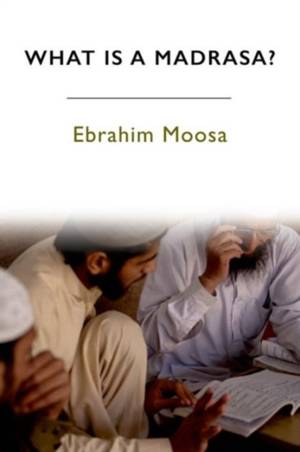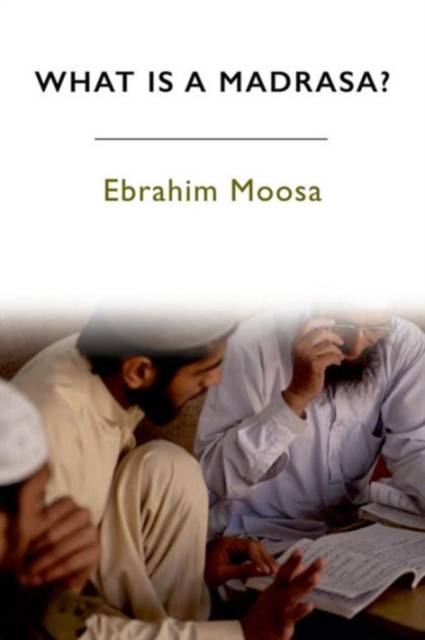
- Retrait gratuit dans votre magasin Club
- 7.000.000 titres dans notre catalogue
- Payer en toute sécurité
- Toujours un magasin près de chez vous
- Retrait gratuit dans votre magasin Club
- 7.000.0000 titres dans notre catalogue
- Payer en toute sécurité
- Toujours un magasin près de chez vous
Description
The prospects for peace in Afghanistan, dialogue between Washington and Tehran, the UN's bid to stabilise nuclear-armed Pakistan, understanding the largest Muslim minority in the world's largest democracy in India, or the largest Muslim population in the world in Indonesia - all require some knowledge of the traditional religious sectors in these countries and of what connection traditional religious schooling has (or not) to their geopolitical situations.
Moosa delves into the world of madrasa classrooms, scholars and texts, recounting the daily life and discipline of the inhabitants. He shows that madrasa are a living, changing entity, and the site of contestation between groups with varying agendas, goals and notions of modernity.
Reading this unique and engaging introduction will provide readers with a clear grasp of the history, place and function of the madrasa in today's Muslim world (religious, cultural and political). It will also investigate the ambiguity underlying the charge that the madrasa is at heart a geopolitical institution.
Spécifications
Parties prenantes
- Auteur(s) :
- Editeur:
Contenu
- Nombre de pages :
- 280
- Langue:
- Anglais
Caractéristiques
- EAN:
- 9781474401739
- Date de parution :
- 10-03-15
- Format:
- Livre relié
- Format numérique:
- Genaaid
- Dimensions :
- 156 mm x 234 mm
- Poids :
- 586 g

Les avis
Nous publions uniquement les avis qui respectent les conditions requises. Consultez nos conditions pour les avis.






